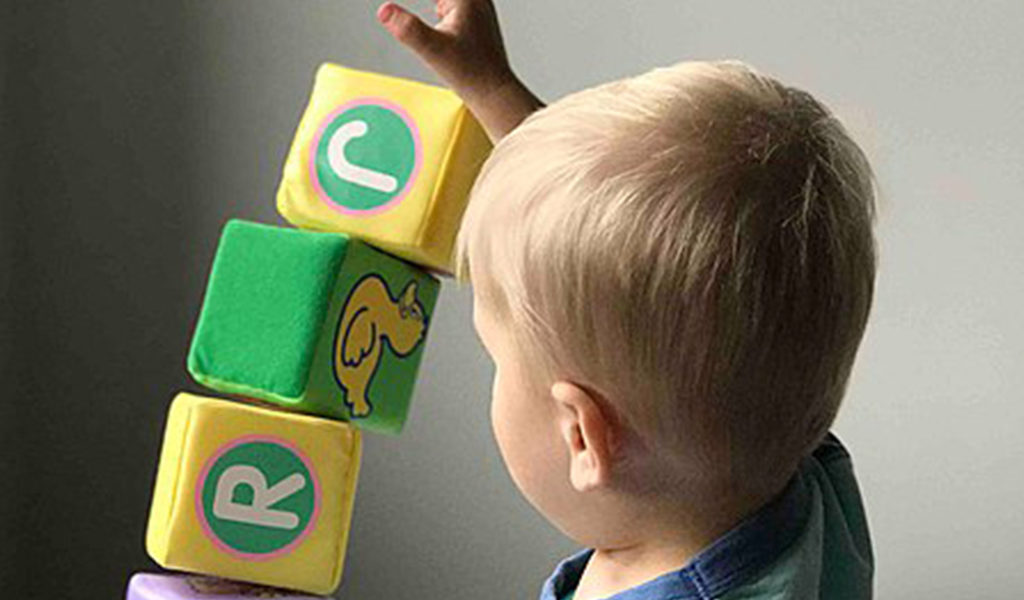Proud to have failed

We recently completed year one of an innovation project with Save the Children and National Literacy Trust where our challenge was to figure out how we could nudge parents to talk, sing and play more with their 0-3 year olds.
We used our ‘labs’ approach to figure out what would work best. This meant we rapidly designed, developed and tested a selection of behaviour change interventions amongst parents. We listened attentively to parents’ feedback, used a selection of research methods to monitor their behaviour and brought in the right experts and academics to act as a critical friend. All this has lead to some wonderful discoveries about which of our intervention ideas could help to change parents’ behaviour.
However, the thing that really excites us about this project is the fact that we had a couple of failures along the way. One idea was ruled out early on following feedback from our academic experts. Another simply tested really badly when put in front of parents.
But it’s OK. We’re delighted and even proud to have failed in some parts.
This might sound sarcastic but it’s not. Because when things don’t work, that means you’re truly innovating and, so long as you learn from it, a little bit of failure allows you to sharpen your thinking and focus on what is working.
Innovation doesn’t mean making a plan at the beginning and sticking to it slavishly, then pretending everything’s fine just so we can all sit in the evaluation meeting and tell each other that everything’s great. Innovation means testing, learning, adapting and responding, which on occasions, means chucking some stuff out.
Once people are on board with the ‘it’s OK to fail’ notion then things become a lot more exciting and rewarding. However there are some important things to remember before taking that approach:
- Know your boundaries. Early on spend time establishing just how comfortable your client really is at taking risks and allowing for failure. If it’s not going to work for them or you know it won’t go down well internally then pare back the levels of risk taking.
- Set the tone from the outset and make it clear that you’re anticipating some small failures, but that’s OK, you’re comfortable with that and it will help you get the best results.
- Emphasise the commercial benefits of knowing when to pull the plug on something. Moving away from a part of a project that is failing can prevent throwing good money after bad.
- Bring in outside experts. Be comfortable admitting that you don’t know everything (er, no one does), and demonstrate how external experts can offer valuable advice/validation.
- Be responsive and have more ideas up your sleeve. It’s not so comfortable having an idea that fails if you’ve no others to test out or have to start from scratch. Ideally, start off with multiple ideas running at the same time
In our experience clients enjoy this approach and appreciate the kind of honesty and grown up conversations that come with it.
